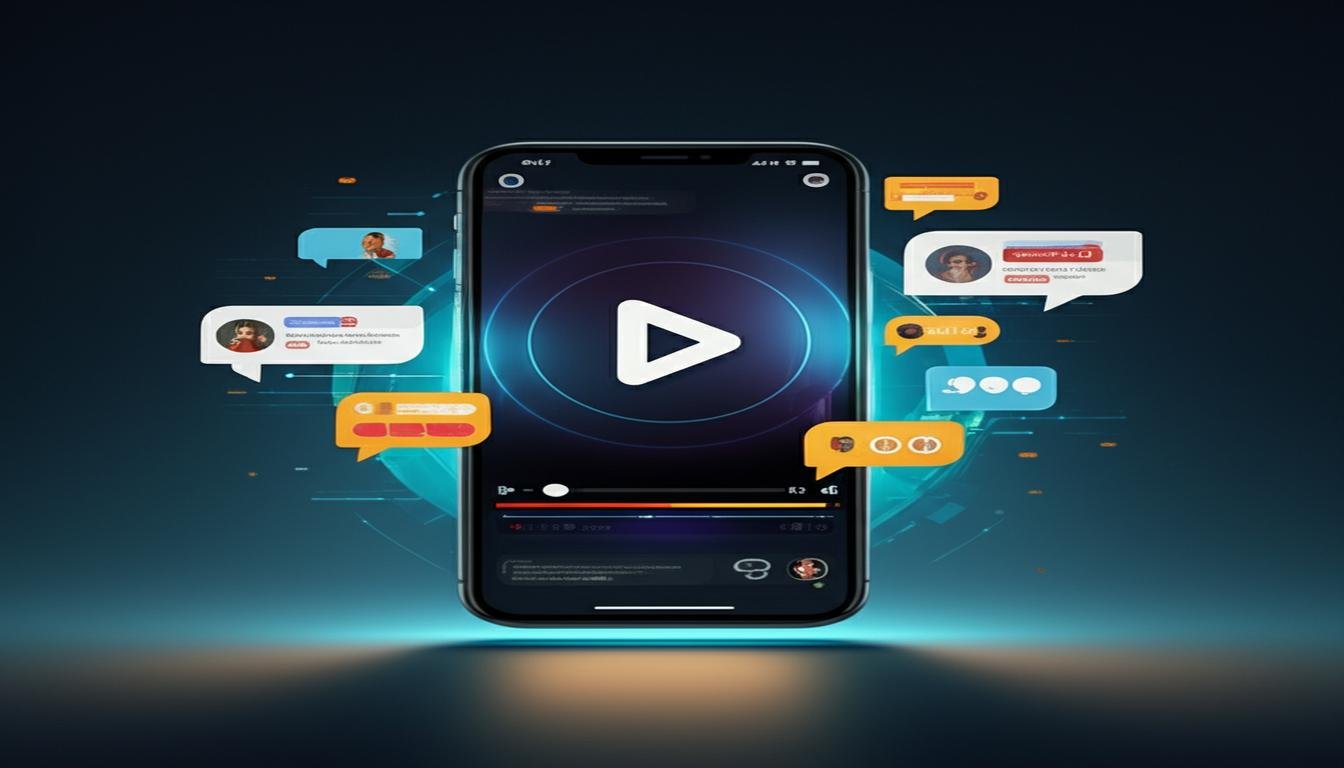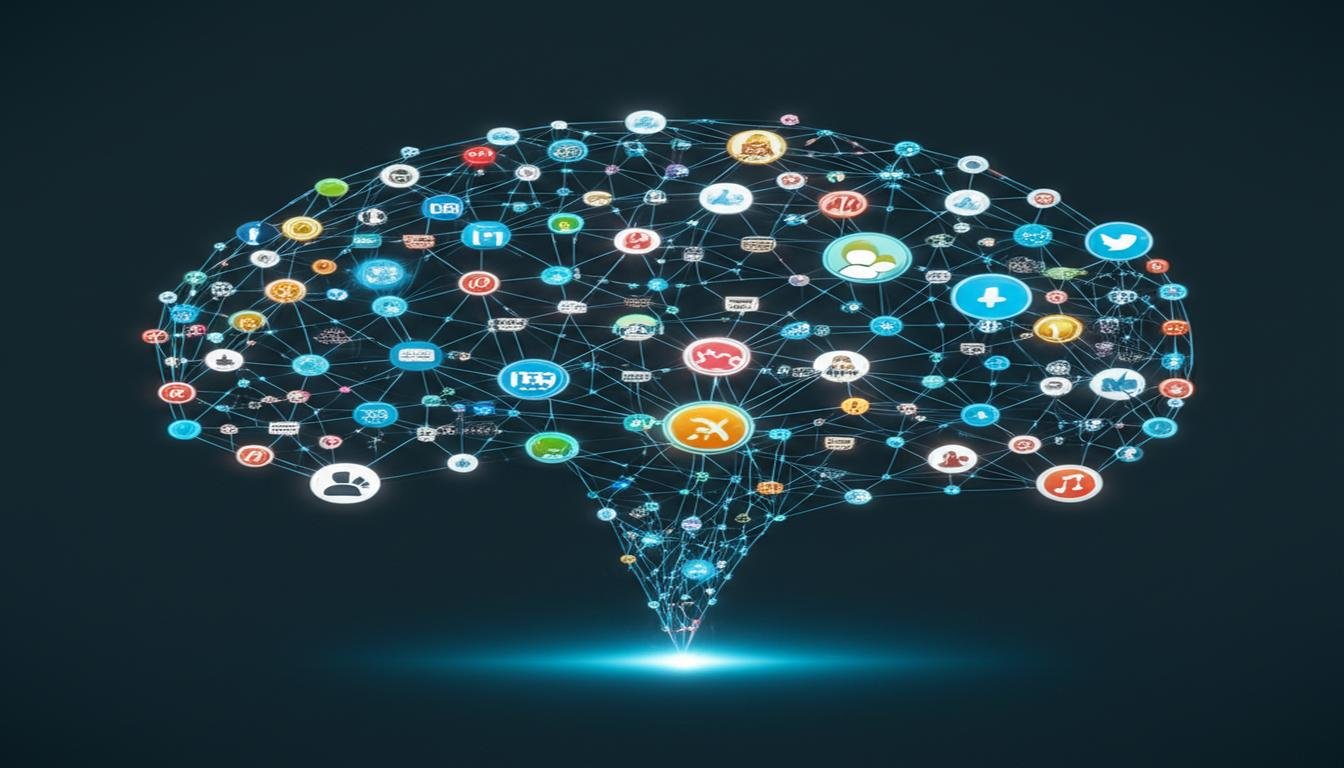That Weird Feeling: When AI Knows What You Want Before You Search It
Ever had one of those moments? You’re just thinking about something – maybe a new pair of shoes, or a specific type of recipe – and then, boom! An ad for exactly that pops up, or your search bar starts autocompleting your thought before you’ve even typed a full word. It’s not magic, and it’s definitely not mind-reading. What you’re experiencing is the incredible power of predictive AI, an advanced technology that’s getting eerily good at figuring out what you’re after.
This isn’t some far-off sci-fi fantasy anymore. It’s happening right now, making our digital lives smoother, faster, and sometimes, a little bit mind-bending. Let’s dive into how this anticipatory AI works and why it feels like it already knows your next move.
Beyond Just “Smart”: What Predictive AI Really Does
Think of predictive AI not as a fortune teller, but as a super-smart detective. It doesn’t guess randomly. Instead, it analyzes massive amounts of data to spot patterns, understand trends, and then make highly educated predictions about what you, specifically, might want or need next. It’s all about understanding user intent.
How It Works (Without Getting Too Techy)
At its core, predictive AI uses machine learning to sift through digital information. Here’s a simplified breakdown:
- Collecting Your Digital Footprint: Every click, search, purchase, video watched, and even the time you spend on a page leaves a trail. This isn’t just about what *you* do, but what millions of others with similar behaviors are doing too.
- Spotting Patterns: The AI algorithms look for correlations. “People who bought X also bought Y.” “Viewers who liked A also enjoyed B.” It finds these connections across vast datasets.
- Making Educated Guesses: Based on these patterns, the AI generates recommendations or predicts your next query. It’s constantly refining its models with new data, so its predictions get more accurate over time.
Where You See This AI in Action Every Day
You’re probably interacting with AI that knows what you want way more often than you realize. It’s woven into the fabric of our digital existence.
Shopping Online? Your Cart Knows Best.
Ever been on Amazon, added something to your cart, and then seen suggestions like “Customers who bought this also bought…”? That’s predictive AI. It’s not just trying to sell you more; it’s genuinely anticipating related items you might find useful or interesting based on what millions of other shoppers have done.
Binge-Watching? AI Curates Your Next Obsession.
Platforms like Netflix, Spotify, and YouTube are masters of anticipatory AI. They don’t just show you what’s popular. They learn your viewing habits, your preferred genres, even the actors or directors you gravitate towards. Then, they recommend shows or music you’re highly likely to enjoy, often introducing you to something new you wouldn’t have found otherwise.
Even Your Search Bar Is Getting Smarter.
Google Search, for instance, doesn’t just wait for you to type everything out. Its autocomplete feature guesses your query as you type, often finishing your thought before you do. Plus, your search results themselves are often personalized, meaning the AI is factoring in your past searches, location, and preferences to show you results it thinks are most relevant to *you*.
The Perks: Why This Anticipatory AI is a Game-Changer
While it might feel a little spooky sometimes, there are some undeniable benefits to AI knowing what you want:
- Saves You Time: Less searching, more finding. It streamlines your digital experience, whether you’re looking for a product, a movie, or information.
- Uncovers New Interests: By recommending things slightly outside your usual scope but still related, AI can introduce you to new books, artists, or topics you might love.
- Boosts Convenience: From smart home devices predicting your routine to apps pre-filling forms, AI makes many daily tasks feel effortless.
Is It Creepy or Cool? Navigating the Privacy Talk
It’s totally fair to wonder about privacy when AI seems to know so much about you. This technology relies on collecting data, and that naturally raises questions about who has access to it and how it’s being used. The line between helpful personalization and feeling a bit exposed can be thin.
However, responsible AI development usually includes measures to protect user data and give you control over your privacy settings. It’s a continuous conversation between convenience, innovation, and ethical data handling. Understanding how it works is the first step to feeling more comfortable and making informed choices about your digital footprint.
The Future is Already Here: What’s Next?
The journey of predictive AI is far from over. We’re likely to see even more integrated and seamless experiences. Imagine your smart home adjusting settings before you even ask, or health apps predicting potential issues based on your data and lifestyle. As AI continues to evolve, its ability to understand and anticipate our needs will only become more sophisticated.
So, the next time your digital assistant or favorite app seems to read your mind, take a moment to appreciate the complex AI working behind the scenes. It’s not just a clever trick; it’s a peek into a future where technology truly understands what you want, often even before you consciously search for it.









